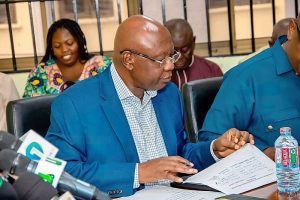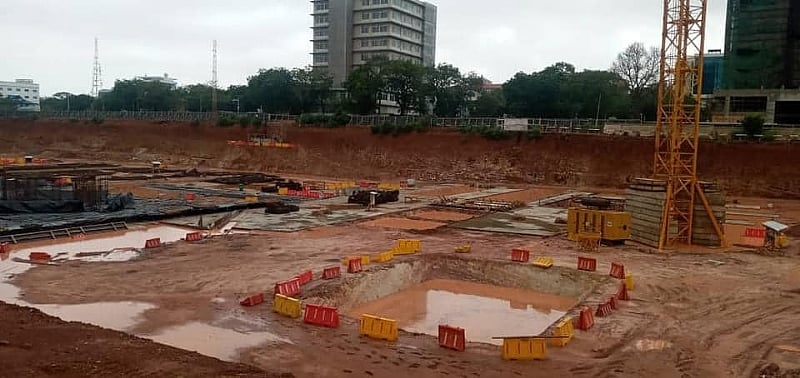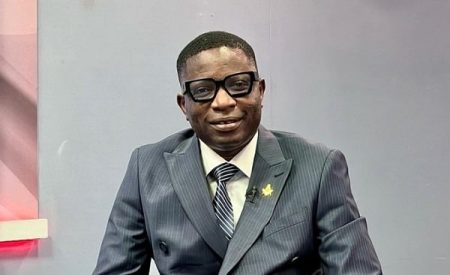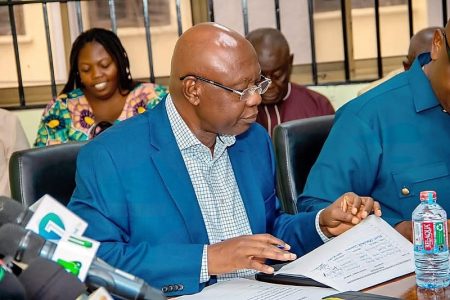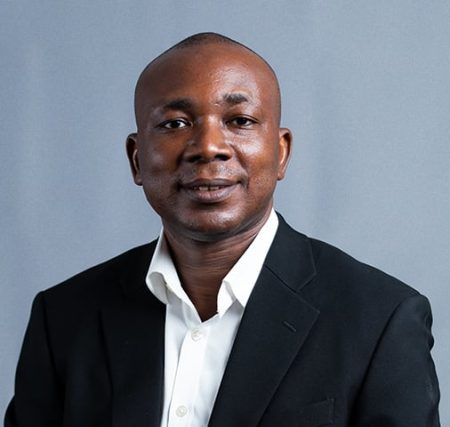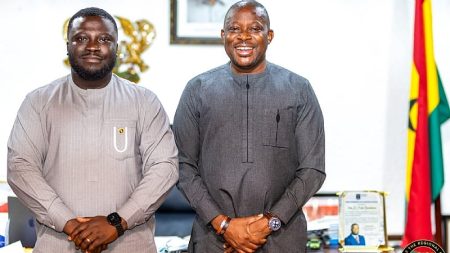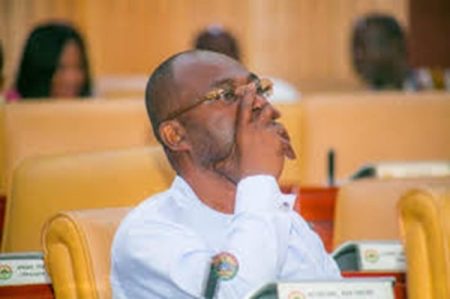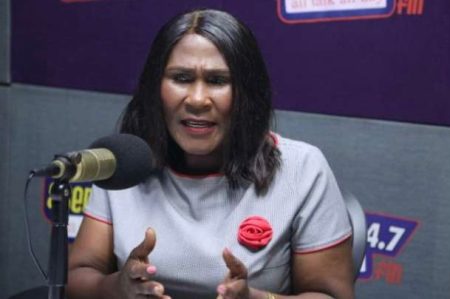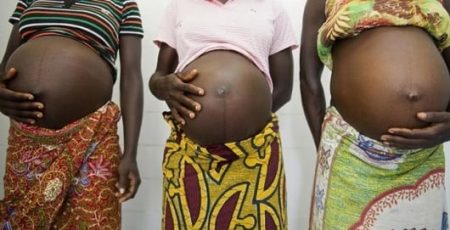The National Cathedral of Ghana project, envisioned as a sacred national infrastructure and a global pilgrimage destination for the Christian community, has been the subject of recent speculation and misinformation. The Board of Directors of the National Cathedral, in a statement issued on July 7th, 2024, categorically refuted claims that the project is being repurposed into a Cultural Convention Centre. They emphasized that these assertions are entirely unfounded and based on conjecture, with no official communication or confirmation from any relevant authority supporting such a drastic shift in the project’s intended purpose. The Board reiterated its unwavering commitment to the original vision of the National Cathedral as a sacred space for the nation’s Christian community.
The statement underscores the fundamental rationale behind the National Cathedral project, emphasizing its role in providing a dedicated space for significant state religious functions, including state funerals and national thanksgiving services. It also highlights the symbolic significance of the project, particularly in light of President Akufo-Addo’s declaration of July 1st as Ghana’s National Day of Prayer, a move that underscores the perceived spiritual urgency of completing the Cathedral. Furthermore, the Board sought to dispel the narrative of abandonment surrounding the project. They pointed to the completion of eight percent of the construction work since its commencement in 2021 and confirmed the finalized status of preparatory works, architectural designs, and planning for associated facilities, including a Bible Museum, Biblical Garden, and a restaurant. The Board attributed the temporary suspension of construction primarily to funding challenges, exacerbated by the politicization and subsequent vilification of the project, which hampered fundraising efforts.
Addressing concerns regarding the financial management of the project, the Board defended its stewardship of state funds allocated to the Cathedral’s construction. Citing an independent audit conducted by Deloitte and Touche, a reputable auditing firm, the Board stated that all disbursements related to the project were strictly in line with contractual agreements and that payments were made solely for work that had been demonstrably executed. This audit served as a crucial element in refuting allegations of financial impropriety and reassuring stakeholders about the responsible handling of public resources.
Looking ahead, the National Cathedral Secretariat outlined a strategic roadmap for the project’s completion. This framework emphasizes a depoliticized approach and the establishment of a new funding partnership involving the state, the church, and civil society. This collaborative approach aims to secure sustainable funding streams and insulate the project from political influences. The Secretariat reaffirmed its commitment to creating a “family house” and an “interdenominational sacred space” for the Christian faith, while simultaneously fostering an inclusive environment that serves as a unifying interreligious space for the wider Ghanaian community. This dual purpose underscores the project’s ambition to be both a spiritual center for Christians and a symbol of national unity.
To further clarify the project’s status and direction, the Executive Director of the National Cathedral, Dr. Paul Opoku-Mensah, reinforced the Board’s dedication to fulfilling the original vision of the National Cathedral. He urged the public to disregard the misleading narratives surrounding the project’s future, emphasizing that the Cathedral’s purpose remains firmly anchored in its initial conception as a sacred national asset. Dr. Opoku-Mensah’s statement aimed to instill confidence in the project’s trajectory and to counter the misinformation that had cast a shadow over its progress.
In conclusion, the National Cathedral project, while facing challenges, remains committed to its original vision. The Board of Directors has refuted claims of repurposing the project and emphasized its spiritual significance to the nation. Addressing concerns about funding and transparency, they have cited an independent audit and outlined future plans for a depoliticized funding strategy involving a partnership between the state, church, and civil society. The Secretariat’s commitment to creating an inclusive interdenominational sacred space for the Christian community and a unifying interreligious space for all Ghanaians reaffirms the project’s broader national purpose. The Board’s call for public trust and the dismissal of false narratives underscores their determination to see the National Cathedral completed as envisioned, serving both as a testament to faith and a symbol of national unity.



